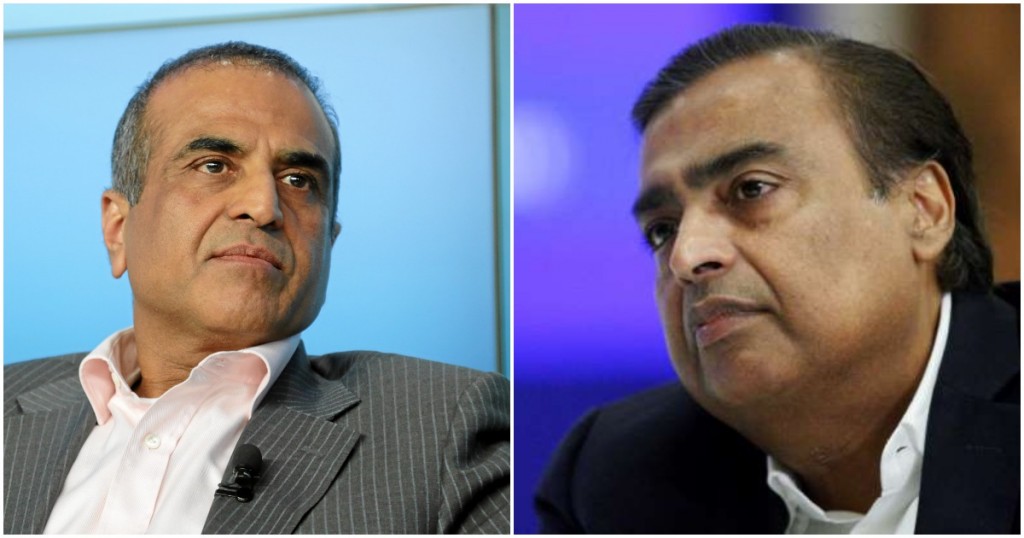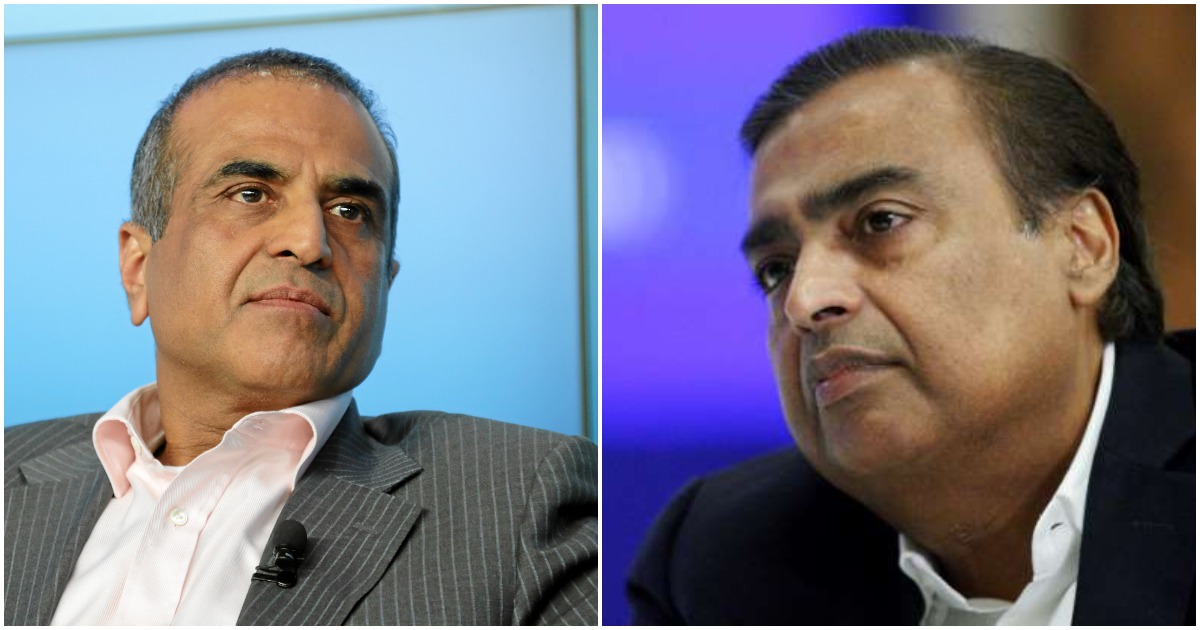Telecom companies usually battle each other on tariffs, their network coverage, and their plans, but Indian telecom operators are now feuding over something that few customers ever even pay attention to — how long their phones ring for before they automatically disconnect.
Airtel and Vodafone have recently reduced the length of the ring duration for their outgoing calls on their networks from 35-40 seconds to 25 seconds. The reduced ring times were in response to Reliance Jio, which had earlier reduced rings to 25 seconds on its network. Airtel has even approached telecom regulatory body TRAI and said that while reducing call ring times inconvenienced subscribers, it was forced to reduce its call ring times because Jio had reduced its own. The entire situation has arisen because of something called Interconnect Usage Charge.

The Interconnect Usage Charge
Ring times might seem harmless, but they affect the amount of money that telecom companies make. Telecom companies pay each other an Interconnect Usage Charge, or IUC, whenever a user makes a call from one network to another. If a Reliance user, say, calls an Airtel user, Reliance must pay Airtel this interconnect fee. The fee is paid by the network where the call originates to the network the call is made to.
How do ring times fit into this?
Because telecom companies must pay money each time a call is made from their network to another network, and receive money when a call is made from another network to theirs, it is in their interest that their customers receive more calls than they make. Ring times, trivial as they might seem, can impact this metric. The shorter the duration for which a call rings, the more likely it is that it won’t be picked up, which means that the operator from which the call originates won’t have to pay the Interconnect fee. Also, the call gets registered as a missed call on the recipient’s phone, which makes it likely that they’ll call back. This in turn can mean that the originating operator, instead of having to pay IUC for an outgoing call, will receive money for an incoming call.
Jio’s argument
Jio says that because of its free voice calls, more people prefer to call from its network, which means it has to bear a higher proportion of the IUC fee. The assessment is true — Jio is a net payer of IUC, while Airtel and Vodafone are net receivers of IUC. But Jio says that its shortened 25 second ring time is in line with global standards, and says that longer ring times use up precious spectrum resources. It additionally alleges that its network is bombarded with missed calls from Airtel and Vodafone users, hoping to get call backs.
So what’s going to happen?
TRAI has called a meeting with the six biggest telcos to figure out the way forward. It has also issued a discussion paper, ‘Duration of alert for the called party’, seeking views on maximum ring time to optimally use network resources. TRAI has also reportedly asked telcos to arrive at a consensus on the matter before the consultation process concludes. However whichever way the matter ultimately resolves, one thing is clear — it wasn’t just consumers who were saving money through missed calls when mobile phones first arrived in India: telecom companies are now playing the same game too.
